Middle East & North Africa
2010
Using https to secure the Web for journalism
From today, you now have an alternative web address to visit the CPJ website. As well as our usual http://cpj.org/ address, you can visit our site securely at https://cpj.org/. We’ve turned on this feature to help protect our readers who are at risk of surveillance and censorship, and as part of a wider advocacy mission…

Boukadous’ wife describes bribe attempt before arrest
Tunisian police arrested Fahem Boukadous, a widely respected critical journalist, on July 15. Before his arrest, Boukadous wrote an open letter from the hospital, where he was being treated for acute asthma. On the evening he was taken to Gafsa prison, his wife, Afaf Bennacer, wrote an article about what happened that has been circulated on multiple…
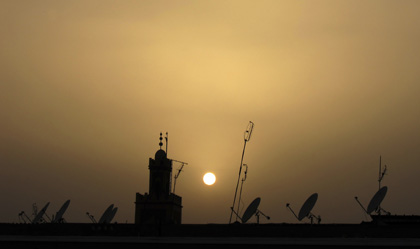
Morocco declares itself ‘democratic’ while restricting media
While high-ranking Arab officials are not held accountable for misinforming or misleading the public, critical journalists in their respective countries are increasingly dragged into courts and handed harsh jail sentences following unfair trials for “spreading false news.”
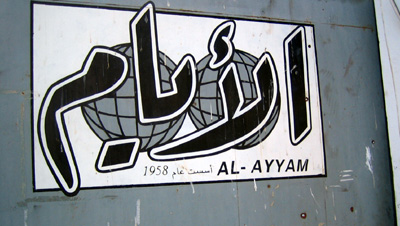
In Yemen, press freedom worst in 20 years
One opinion was relayed to me repeatedly by numerous journalists, lawyers, and human rights defenders during the week I just spent in Yemen: The crackdown against independent and opposition media in the country has not been this concerted at any time since the unification of the southern and northern halves of the country in 1990.

An appeal from ailing Tunisian journalist Boukadous
You are all no doubt aware of what I went through this past week. Indeed, though I suffered an acute asthmatic attack that necessitated sending me to the Farhat Hached Teaching Hospital in Sousse from July 3, the Gafsa Court of Appeals insisted on sentencing me to a four-year prison term. It took no notice…
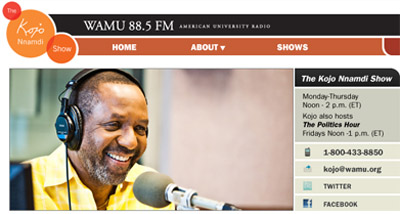
Balancing risk vs. safety in global news reporting
CPJ’s Joel Simon will be live on Wednesday on “The Kojo Nnamdi Show,” a daily news public radio show in Washington. Joining Simon will be Iraqi journalist Haider Hamza, who has covered the war in Iraq for Reuters and ABC News, and Alfredo Corchado, the Mexico bureau chief for The Dallas Morning News, in a…
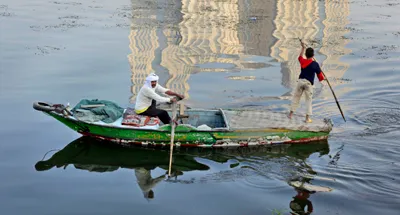
Global Media Forum cites risks of environmental reporting
He’s young, unemployed and carries himself with the innocence of a man who hasn’t spent much time outside his own village. But Egyptian blogger Tamer Mabrouk is the real deal. Appearing at an international media conference in Bonn, Mabrouk’s description of chemical dumping into a brackish lagoon on the northern Nile Delta near the Mediterranean Sea…
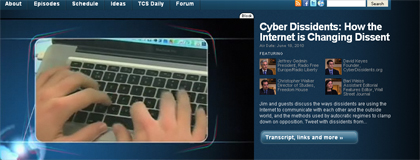
As dissidents move online, governments fight back
Social media and cyber dissidents have exerted a increasing influence on global politics over the last few years—Twitter, for instance, was widely utilized by protesters and journalists during Iran’s 2009 post-election Green Movement, and China has been locked in conflict with Google over allegations of censorship and hacking. “Ideas in Action” with Jim Glassman, a half-hour weekly show on…

Living in limbo: The ongoing wait of journalists in exile
The e-mails started on July 15, 2009, and have continued ever since—pleas for help from Iranian journalists who fled their country often with little money and scarce provisions to northern Iraq, Turkey, Afghanistan, India, and a host of other locales around the world. Many lived in hiding throughout Iran for weeks or months before crossing perilous borders…
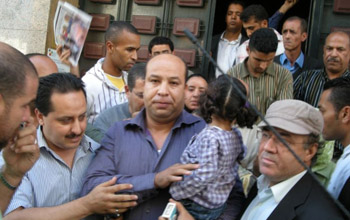
Morocco pardons journalist to create smokescreen
On Friday evening, after receiving an unexpected royal pardon, Driss Chahtan, the editor of the independent weekly Al-Michaal, was released from Oukacha Prison in Casablanca. However, his release is one of the few positive developments amid many alarming cases of worsening press conditions in Morocco.